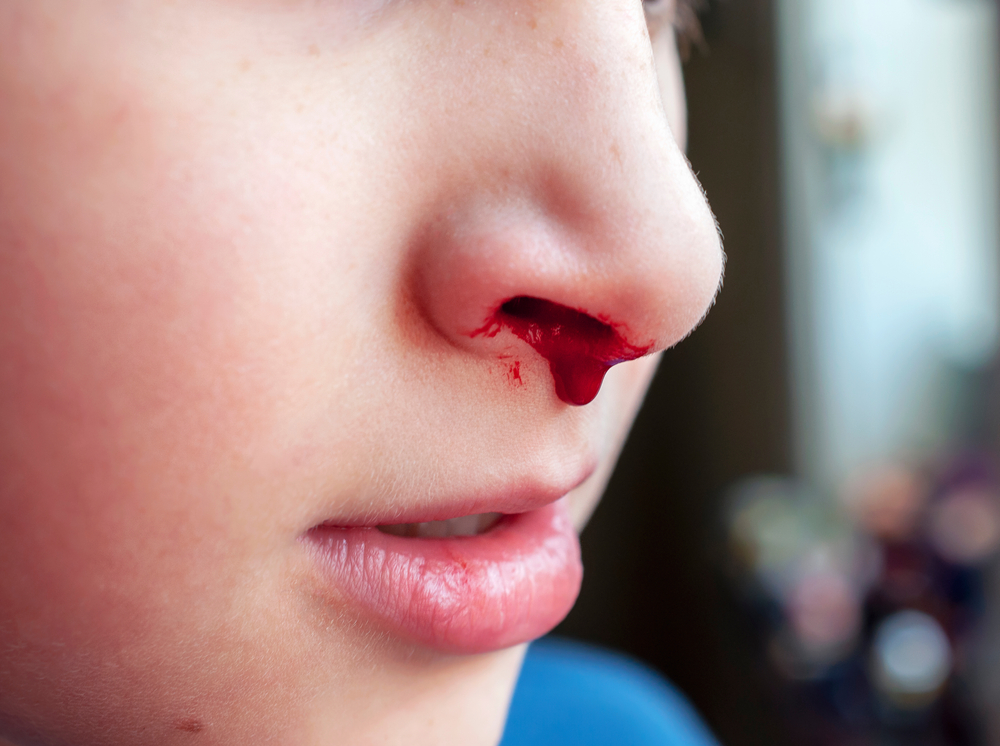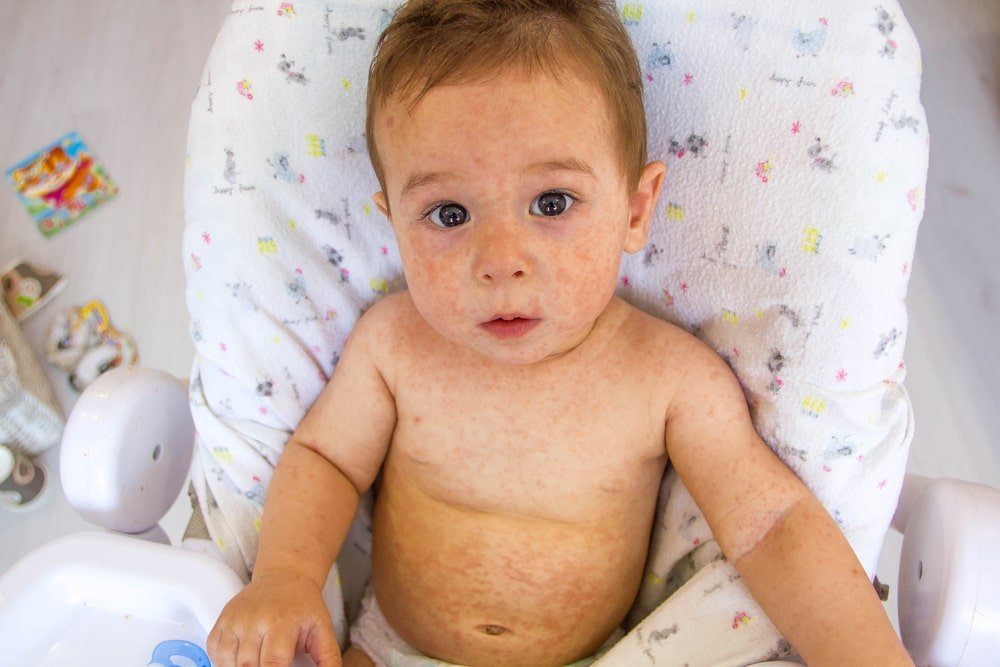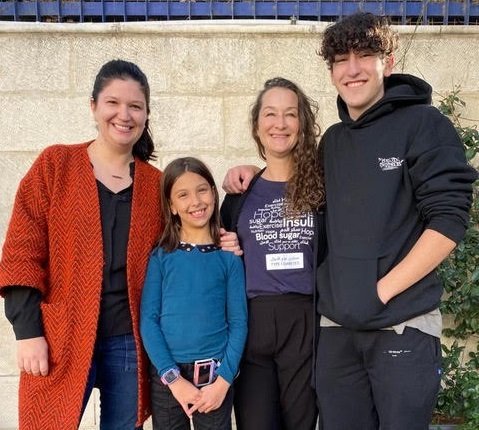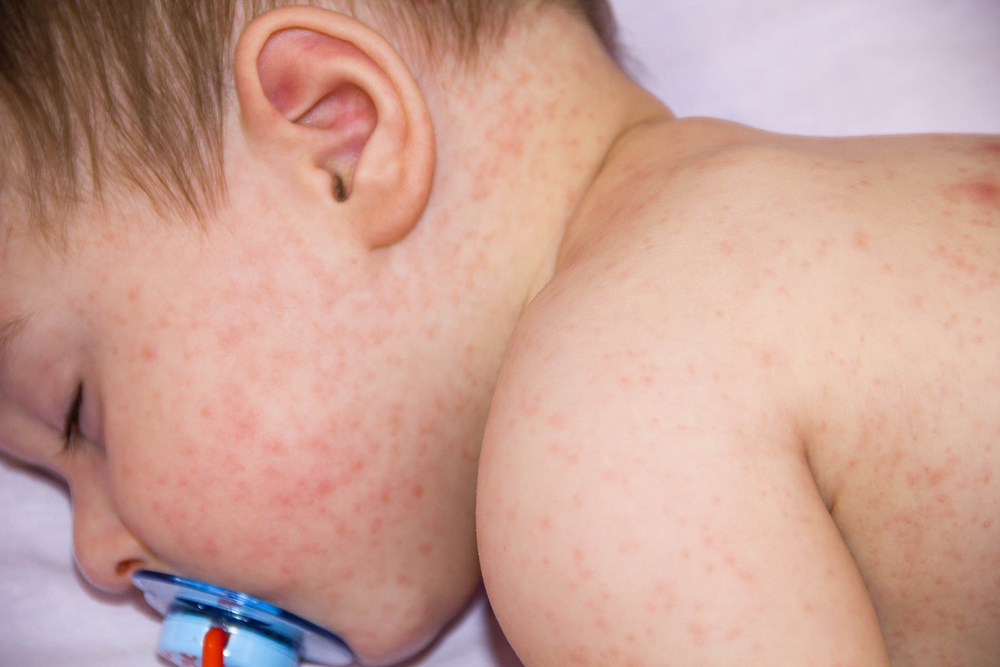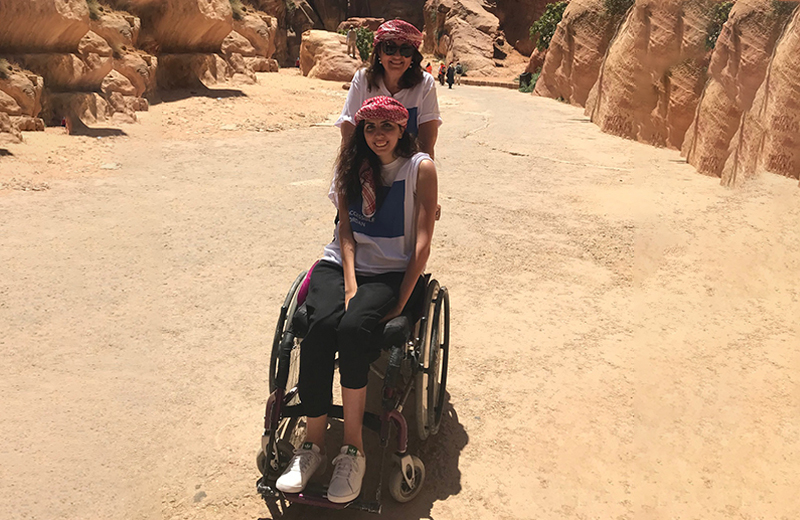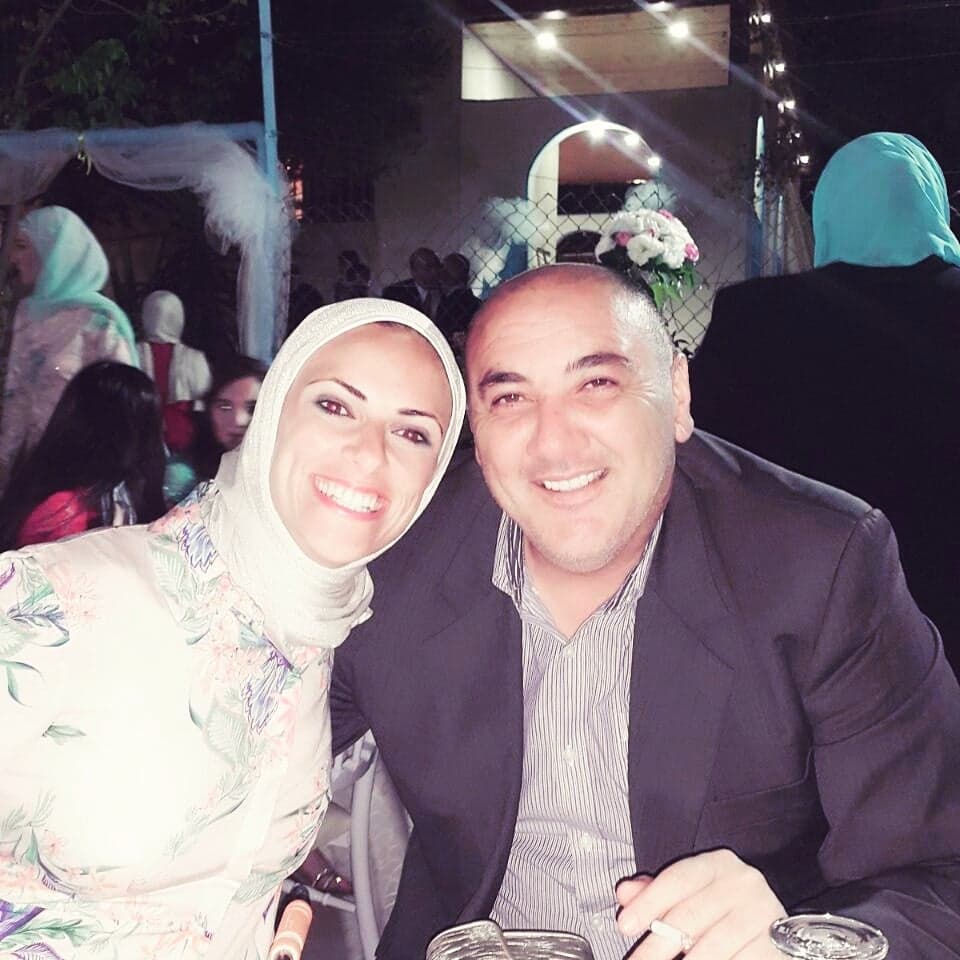Children's Health
Asthma: Triggers and ways of treatment
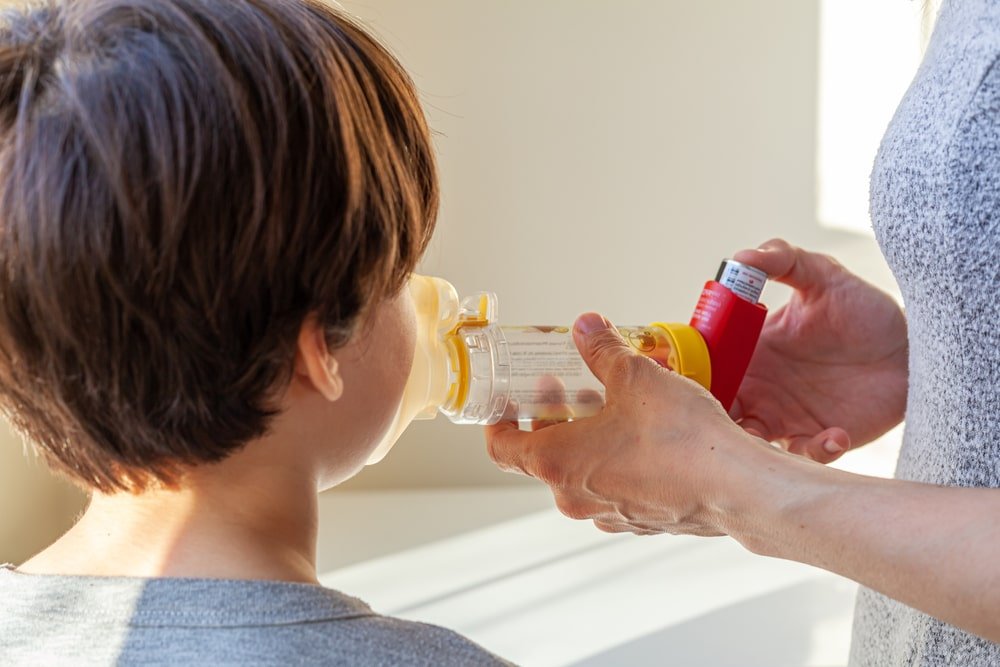
Many children may experience different respiratory problems during the first years of their lives due to some infections or allergies. However, the recurrent of these health problems may lead to serious chronic conditions like Asthma, affecting their wellness and overall quality of life.
What is Asthma?
Asthma is a long-term condition that affects the airways in the lungs. The airways are tubes that carry air in and out of your lungs.
Your airways become narrow from the airway muscle constriction and the edema from the inflammation. This can make breathing difficult and trigger coughing and the typical whistling sound (wheezing) when you breathe out as well as shortness of breath.
What triggers Asthma?
The most common trigger inducing this is allergies, followed by cold air, exercise-induced bronchoconstriction, and viral infections.
Allergies include pets, seasonal, pollen, dust mite, perfumes, and other strong odors.
Keep in mind that smoking and Passive smoking increase the risk of asthma as well as its severity.
Asthma can present with
- Cough.
- Difficult and fast breathing.
- Breathing through the mouth.
- Frequent respiratory infections.
- Shortness of breath.
Asthma Diagnosis
Diagnosis is usually made clinically without the need for any labs or imaging.
If your kid has a chronic dry cough, always try to find the trigger for his cough. Removing the trigger will help control his asthma. For example, controlling your kid’s allergy might spare him the need for asthma treatment.
Treatments
Rescue inhalers are used to treat asthma symptoms; they all consist of different brands of the same medication, albuterol. Albuterol works by rapidly dilating your child's airway by relaxing the airway's muscles.
Asthma can be life-threatening, so you have to make sure that your child always has his rescue inhaler with him. Your child needs to have two cans, one at home and one at school.
The other aspect of treatment is maintaining his airways open and preventing any further exacerbations. To control the inflammation in the airways, we have to start the patient on inhaled steroid.
Recent literature has shown that inhaled steroids don’t affect your child’s growth. The most common side effect is oral thrush which can be prevented by water gurgling post use.
Asthma symptoms that start in childhood can disappear later in life. Sometimes, however, a child's asthma goes away temporarily, only to return a few years later. But those with severe asthma or adult asthma mostly would never outgrow it.


